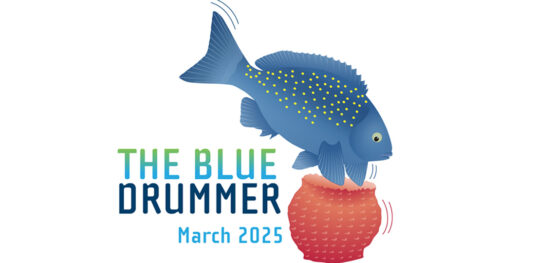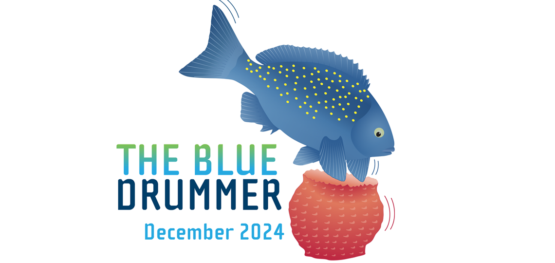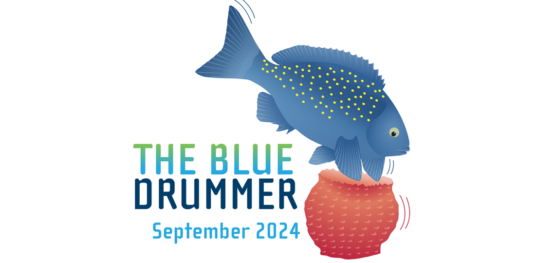Newsletter
21 June 2025
Welcome to the June 2025 issue of The Blue Drummer, the newsletter of the National Environmental Science Program Marine and Coastal Hub.
This month we take pleasure on congratulating long-time hub research leader Assoc Prof Neville Barrett on receiving the 2025 Australian Marine Sciences Association Silver Jubilee Award. Our story highlights his pioneering commitment to co-design and collaboration, long-term datasets and best-practice approaches, and his unbound enthusiasm for the marine realm.
This issue also brings good news on discovery, monitoring and restoration. Drones are providing a bird's eye view of seagrasses at Thursday Island. Satellites are mapping surprisingly extensive areas of shellfish reef across northern Australia. Prawn fishers are refining their skills at sea snake bycatch monitoring. A novel restoration project at Cocos (Keeling) Islands is showing early success in protecting seagrass meadows from excessive grazing by turtles.
On a less positive note, a broadscale survey by a team of dedicated researchers has failed to find signs of black rockcod recovery. Given its biology, low numbers and fishing pressures, the recovery of this species will take a very long time.
Lastly, we would like to thank everyone who attended our Bass Strait ecosystem and offshore wind farm workshop in April. A link at the bottom of this newsletter takes you to an update on the hub's offshore wind farm environmental research.
We hope you enjoy this issue.
Yours sincerely,
Alan Jordan, Marine and Coastal Hub southern node leader
Damien Burrows, Marine and Coastal Hub northern node leader
If you'd like to subscribe to this newsletter, please sign up on our home page.
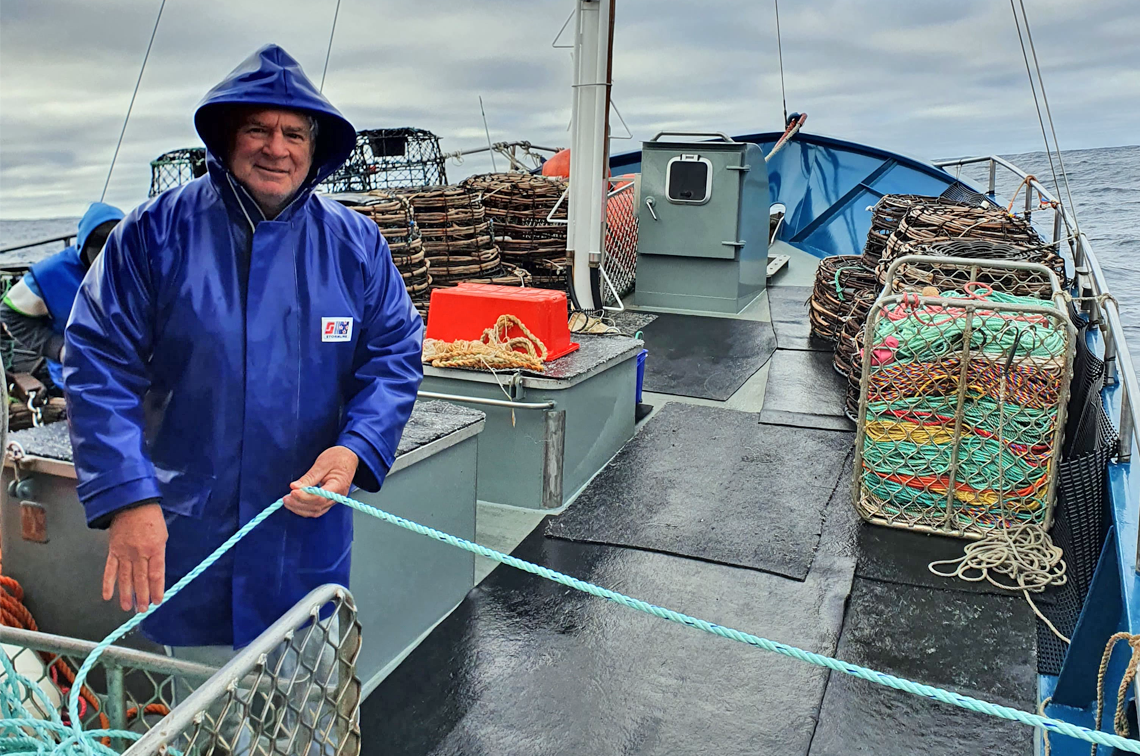
AMSA Silver Jubilee Award goes to Neville Barrett
He's probably seen more temperate rocky reefs and worked harder to understand and protect them than almost anyone. This captain of co-design will never tire of sharing his passion for the marine world.
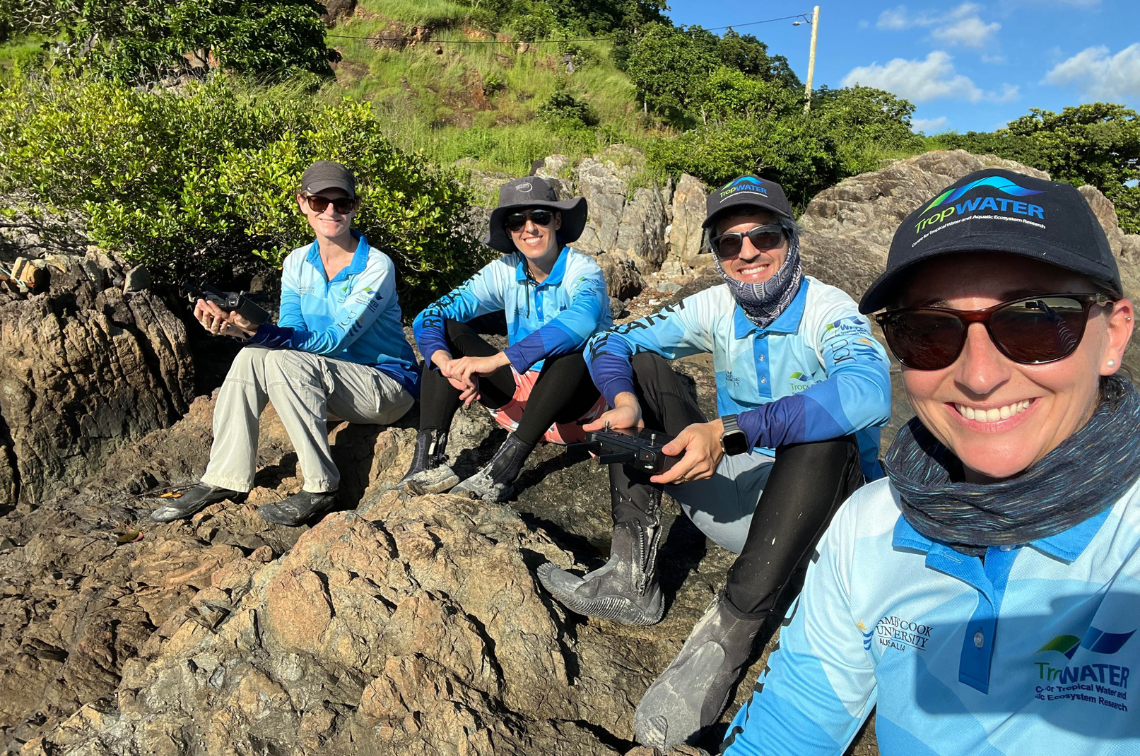
Drones tested for Thursday Island seagrass monitoring
Drone trials are helping scientists find better ways to map and monitor coastal seagrass meadows and support national efforts to protect seagrass habitats critical to turtles, dugongs and coastal communities.
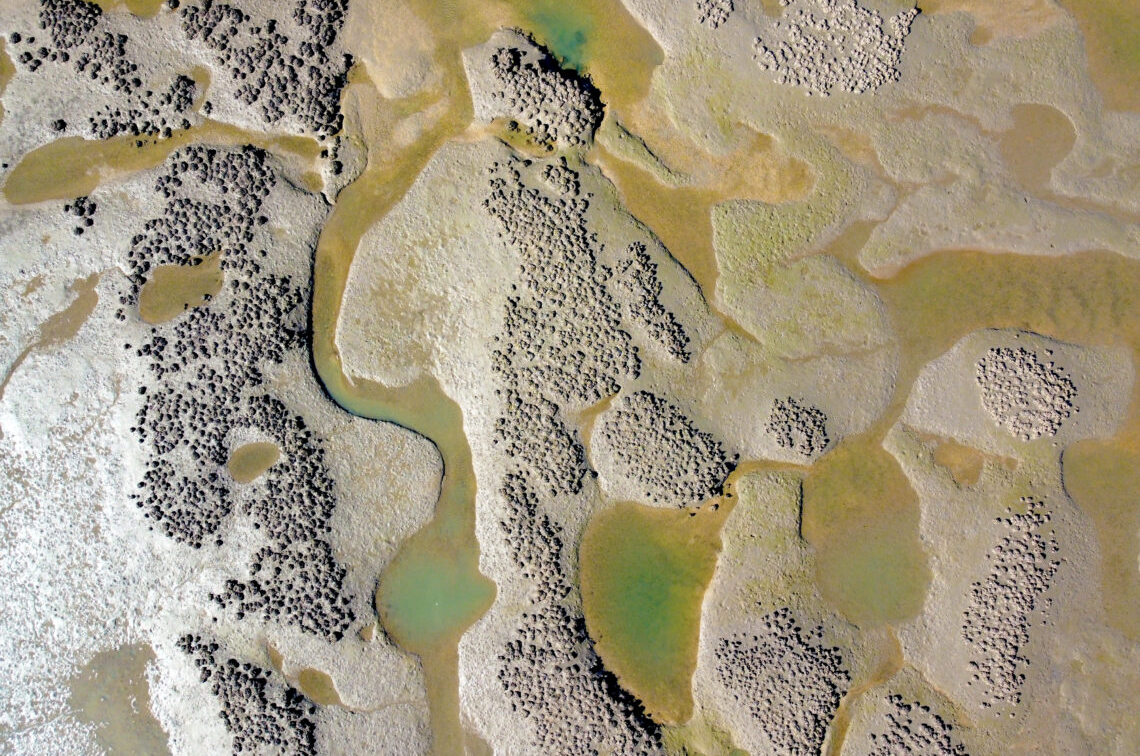
Northern shellfish reefs exceed expectations
Researchers have mapped 60 tropical shellfish reefs across Western Australia, the Northern Territory and Queensland, revealing rich and complex ecosystems previously unknown to science.
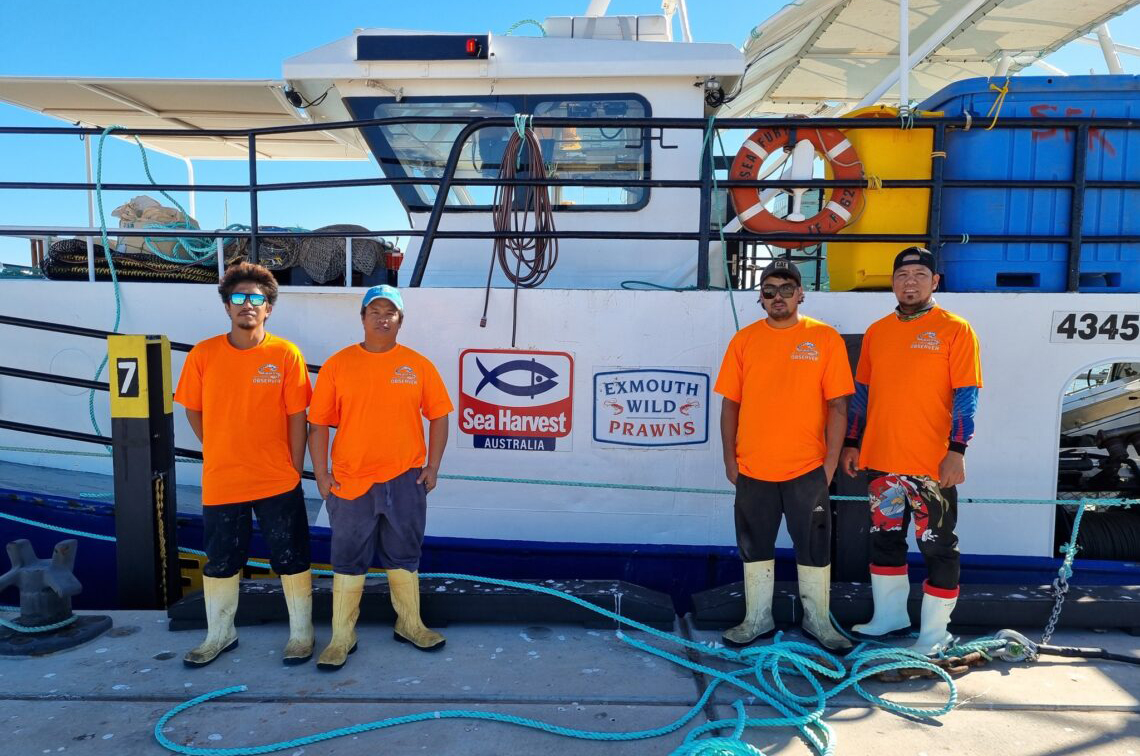
Monitoring sea snakes in WA prawn fisheries
Researchers and commercial fisheries have teamed up to improve sea snake bycatch reporting, with impressive results. Since 2022, the rate of photo-verified sea snake records in Shark Bay has increased fourfold.

‘Eco-barriers' show promise for seagrass protection
Early results of a collaborative intervention at Cocos (Keeling) Islands to relieve turtle-grazing pressure on seagrass meadows offer hope for this vital ecosystem.
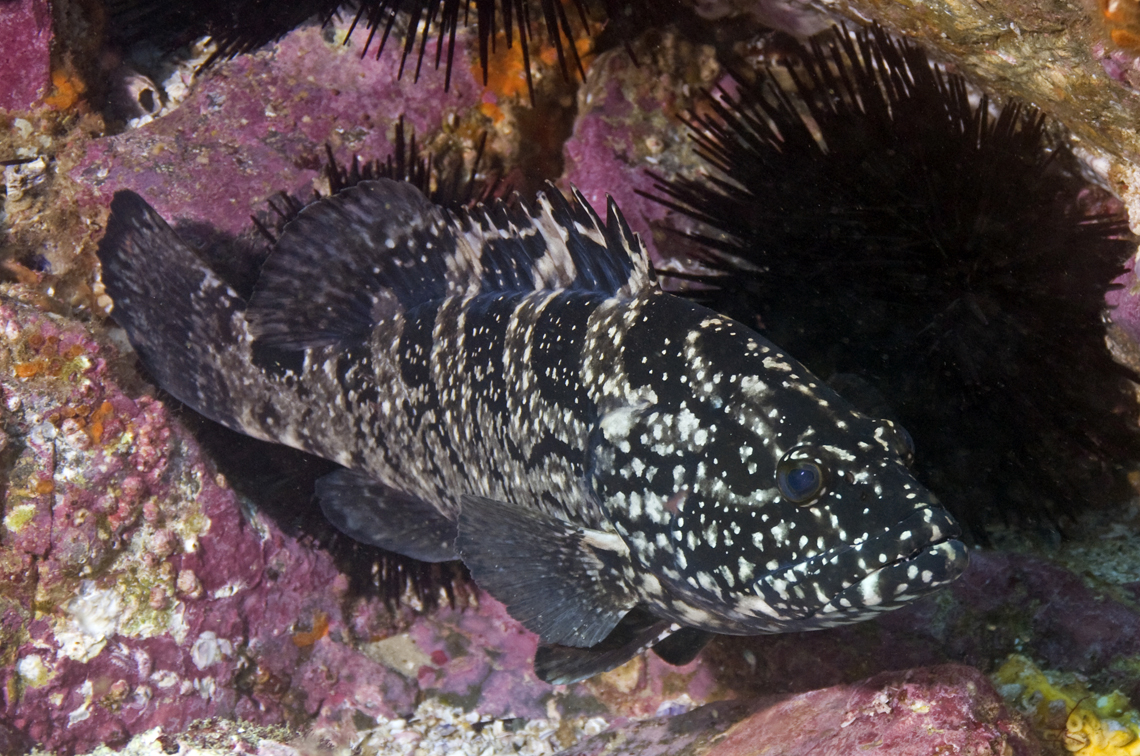
Survey finds little sign of black rockcod recovery
Although black rockcod were protected in New South Wales waters in 1983, a repeat broadscale survey indicates the species is declining at several locations across its range.
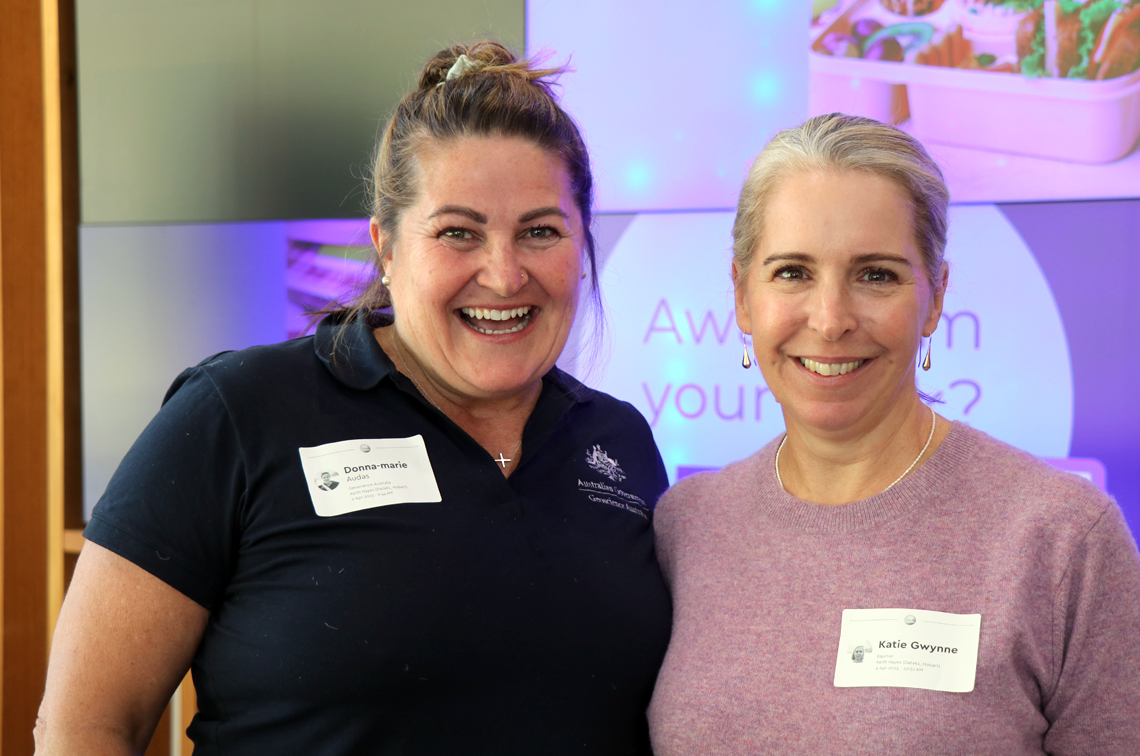
Masterminding offshore wind farm impacts
This well-attended workshop highlighted the diverse capability being harnessed by the hub to share knowledge and quantify the cumulative impacts of offshore wind farm development on priority species.
Publications
- Marine and Coastal Hub 2025 Showcase presentations
- Bass Strait ecosystem and offshore renewable energy workshop presentations
- Seagrass spatial data synthesis from north-east Australia, Torres Strait and Gulf of Carpentaria, 1983 to 2022 (journal article)
- Marine and Coastal Hub offshore wind farm environmental research update, June 2025
- Animal-borne video highlights diverse prey capture tactics and habitat use in the Australian sea lion (journal article)
- Assessing changes in black rockcod abundance and size (technical report)
Video
Events

